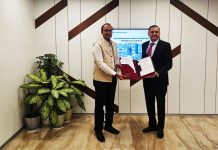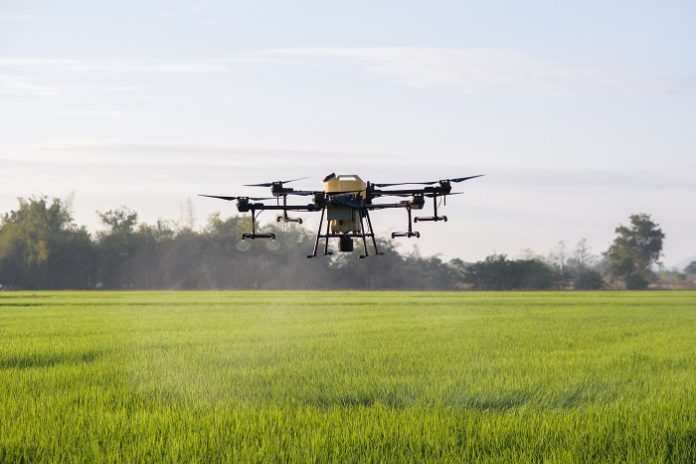Government has prolonged the temporary authorization for the use of drones in dispensing specified pesticides by plant protection firms. The extension is valid for an additional year starting from April 2024, with all previously established terms, conditions, and standard operating procedures (SOPs) remaining unchanged.
The detailed SOPs issued previously address various critical elements including legal requirements, permissions for drone flights, restrictions based on area and distance, classifications based on drone weight, exclusion zones for crowded areas, requirements for drone registration, mandatory safety insurance, certification for drone pilots, and plans for operational execution. Additionally, the procedures define specific guidelines for different phases of operation – before, during, and after pesticide application, as well as protocols for emergency situations.
Drone applications must adhere to strict guidelines, such as the usage of only sanctioned pesticides at specified concentrations and altitudes. Operators are also mandated to provide facilities for decontamination and first aid, and must inform the public at least twenty-four hours in advance of any aerial pesticide applications, as per directives from the relevant authorities. Furthermore, the pilots managing these drones are required to receive training on the clinical impacts of insecticides, according to the ministry.
As reported by Business Standard, in contrast to traditional farming methods where pesticides are applied manually or via tractor-mounted sprayers, which often utilize large volumes of both pesticides and water and contribute to environmental waste, drone technology offers a more precise and efficient solution.






























